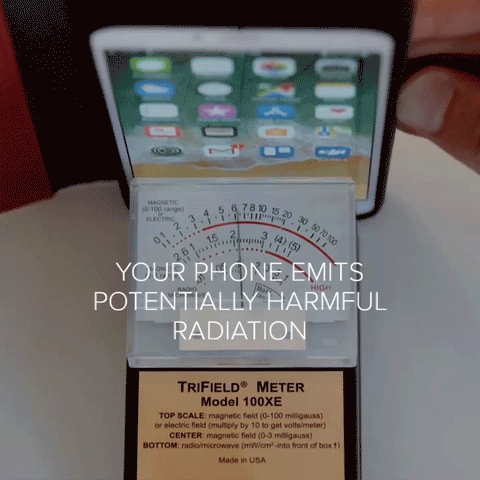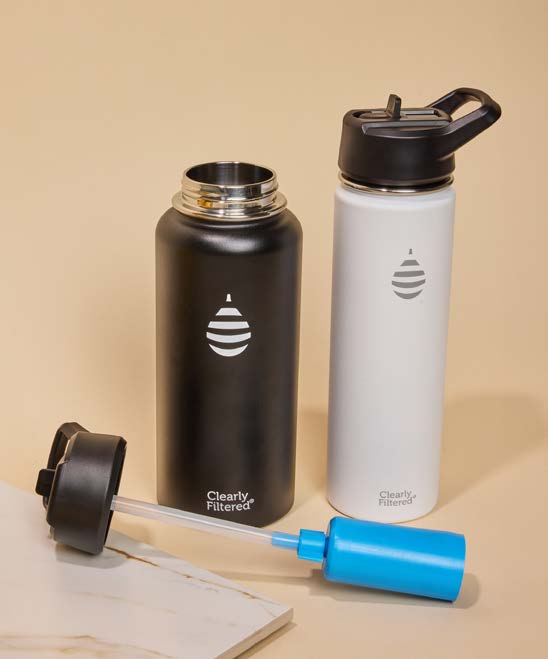The Power of Fasting in Cancer Recovery

The Role of Fasting in Cancer Recovery: Insights from Sara Stratton In the latest Believe Big Food for Thought webinar, Sara Stratton from Remission Nutrition shared fascinating insights into the benefits of intermittent fasting, particularly for those on a cancer recovery journey. Fasting has gained attention not only for its potential health benefits in healthy individuals but also as a complementary approach for cancer patients. Sara’s expertise highlighted the science, the types of fasting, and how to tailor fasting to fit individual needs.
What Is Fasting and Why Does It Matter? Sara explained that fasting can be categorized into three primary types:
- Circadian Rhythm Fasting: This involves eating with the natural day-night cycle, consuming food when the sun is up and avoiding it when the sun sets. It’s a simple way to align eating patterns with the body’s natural rhythms.
- Intermittent Fasting: This type of fasting focuses on fasting for 12-18 hours a day. For example, eating dinner by 5 PM and not consuming calories until 10 AM the following day. This period of fasting can help the body switch from glucose metabolism to fat metabolism.
- Prolonged Fasting: These fasts last from 48 to 72 hours and can be used for deeper therapeutic benefits, such as supporting cancer treatments by reducing inflammation, promoting autophagy (cell renewal), and stabilizing blood sugar.
Fasting for Cancer Recovery One of the most intriguing aspects of fasting is its potential to enhance cancer treatment. Fasting can help reduce levels of insulin and mTOR, two substances that cancer cells often rely on to grow. Additionally, fasting can make chemotherapy more effective by putting healthy cells in a “resting state” while allowing cancer cells to be more vulnerable to treatment.
Sara pointed out studies that show fasting can reduce side effects of chemotherapy, such as fatigue, nausea, and low blood counts. This means patients may be more likely to complete their chemotherapy cycles without interruption.
The Flexibility of Fasting The beauty of fasting, according to Sara, is that it’s not one-size-fits-all. The fasting protocol you choose should depend on your personal goals and bio-individuality. For example, someone undergoing cancer treatment might opt for a gentler approach, like using bone broth during a fast to maintain electrolyte balance, while others may benefit from a more aggressive fasting protocol.
Breaking the Fast After a fast, it’s important to ease back into eating carefully. Sara recommends breaking a fast with nourishing, low-carbohydrate foods to avoid a sudden spike in blood sugar. Bone broth or a smoothie with healthy fats like avocado or coconut milk can gently reintroduce nutrients to the body while maintaining steady energy levels.
The Importance of Hydration Water and electrolytes play a critical role in successful fasting. Dehydration can worsen the effects of fasting, so Sara suggests using electrolyte-rich water or adding sea salt to your water to keep your body balanced. Filtering water is also important to avoid introducing toxins during fasting periods.
Research Links:





